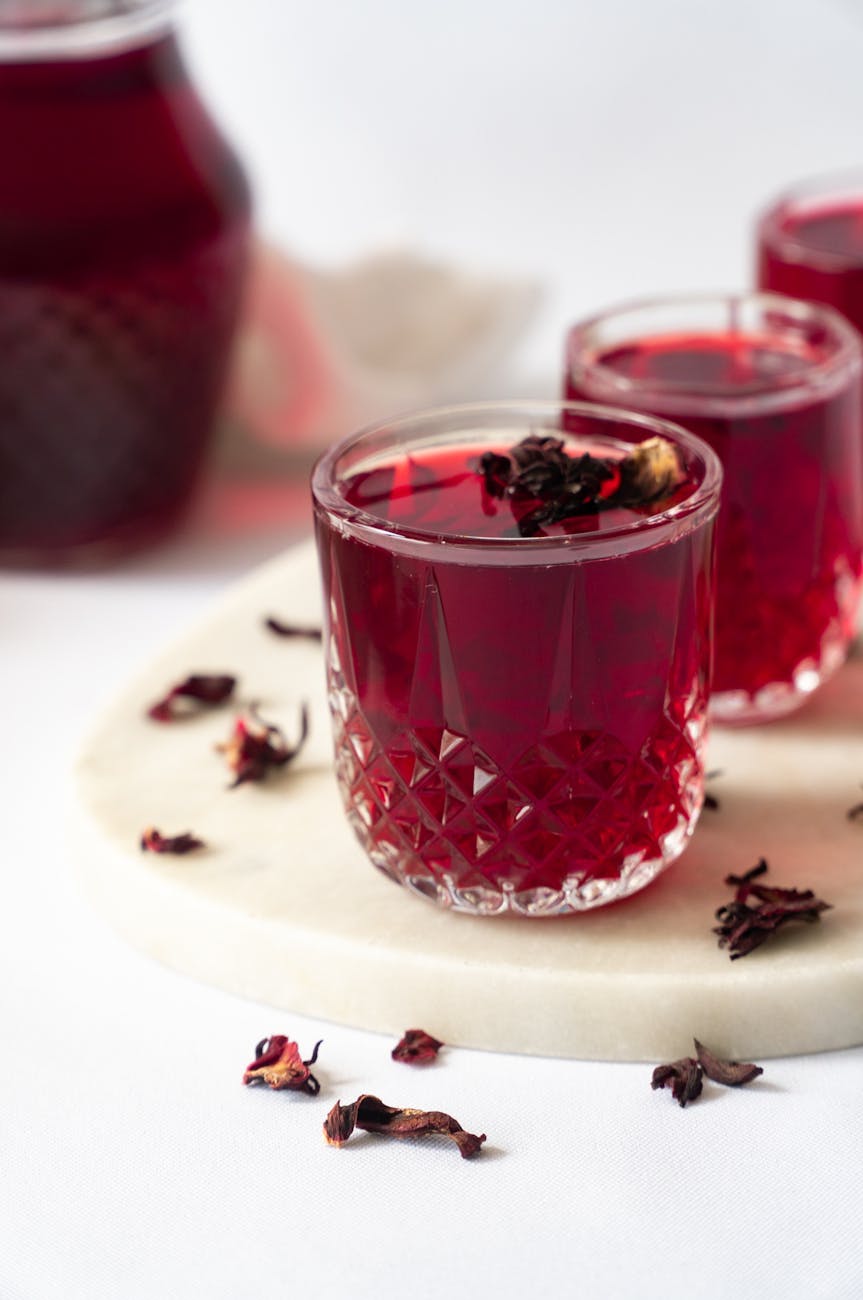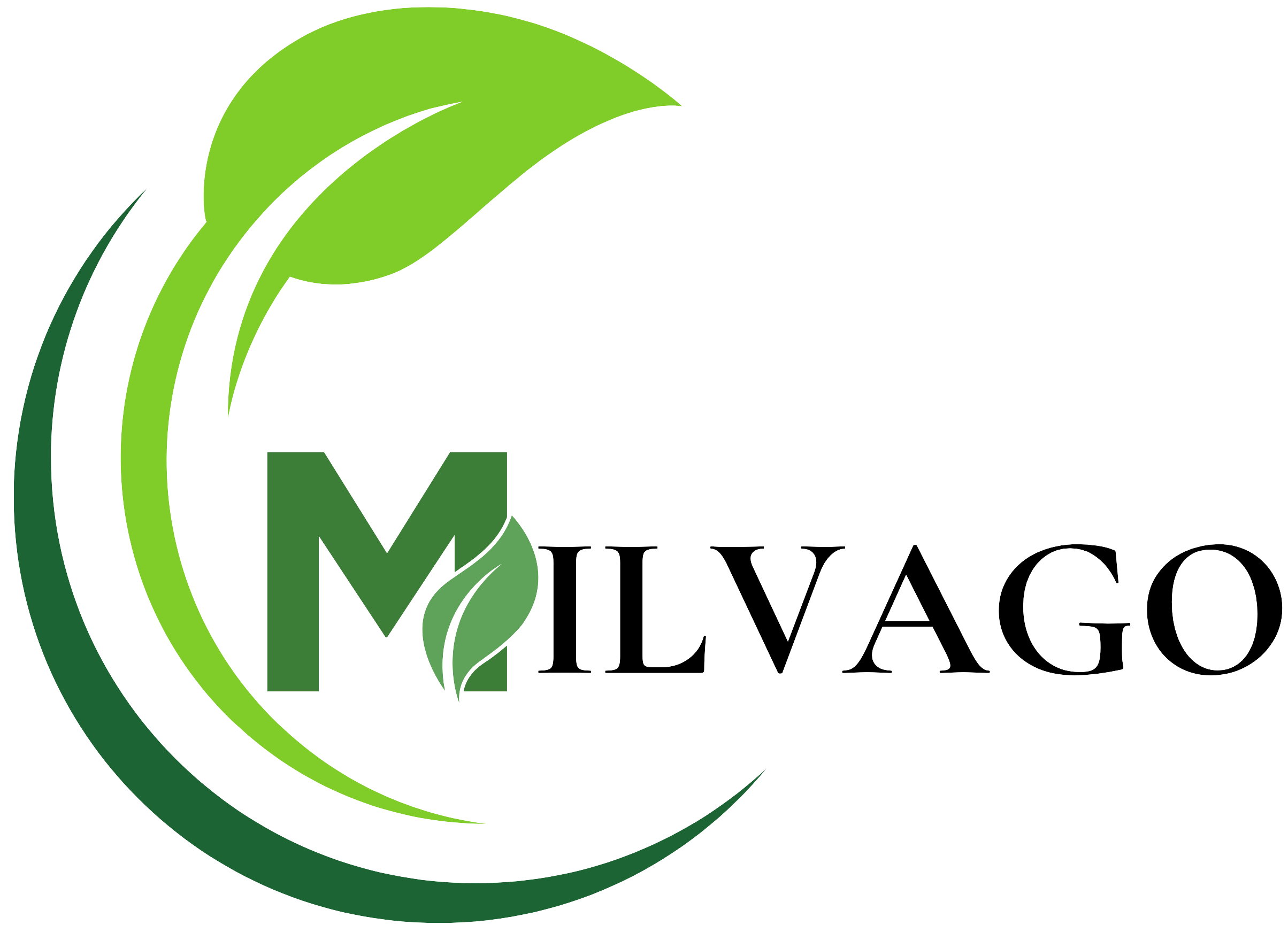How Hibiscus Helps Balance Estrogen Levels
The hibiscus flower is a natural superstar for supporting hormonal health, offering numerous benefits, including balancing estrogen levels. Whether you’re sipping on hibiscus tea or incorporating it into your wellness routine, this flower has a lot to offer. Let’s dive into how hibiscus works its magic on your hormones.
The Link Between Hibiscus Flower and Hormones
Hormones are like the body’s little messengers, and estrogen is one of the most important for women’s health. But when estrogen levels go haywire, it can lead to issues like irregular periods, mood swings, and fatigue. That’s where the hibiscus flower steps in to lend a helping hand. Rich in phytoestrogens, which are plant-based compounds that mimic estrogen, hibiscus flower can gently support hormonal balance without overwhelming your system.

Phytoestrogens from hibiscus work by binding to estrogen receptors in your body. This can be helpful whether you have too much or too little estrogen. Think of them as nature’s way of leveling the playing field! Plus, hibiscus is caffeine-free, so you can enjoy its benefits without worrying about jitters or energy crashes.
Hormonal Harmony with Hibiscus Flower Tea
One of the easiest ways to enjoy the hormone-balancing benefits of hibiscus is through a soothing cup of hibiscus tea. Not only is it deliciously tangy and refreshing, but it’s also packed with antioxidants that support overall wellness. These antioxidants help reduce inflammation, which is often a culprit behind hormonal imbalances.
Hibiscus tea is particularly effective for women experiencing premenstrual symptoms or menopause. Its phytoestrogens can ease symptoms like hot flashes, bloating, and even mood swings. Just one or two cups a day can make a noticeable difference in how you feel. And let’s be honest, sipping a vibrant red tea feels like a self-care ritual, doesn’t it?
To brew your own hormone-friendly tea, steep dried hibiscus petals in hot water for about 5-10 minutes. You can add a touch of honey or a squeeze of lemon for extra flavor. Pro tip: If you prefer your tea cold, let it cool down and pour it over ice for a refreshing treat that’s perfect for summer days.
Nutritional Powerhouse for Hormonal Health
Did you know the hibiscus flower is brimming with vitamins and minerals that support your body’s natural processes? It’s especially rich in vitamin C, which is vital for hormone production and adrenal health. When your adrenal glands are healthy, they help regulate your hormones more effectively.
Hibiscus flower also contains bioflavonoids, which are plant pigments that protect your cells from oxidative stress. Oxidative stress can wreak havoc on your hormonal system, so reducing it is crucial. By including hibiscus in your diet, you’re giving your body the tools it needs to stay balanced and thrive.
Another benefit? Hibiscus is a natural diuretic, which helps your body eliminate excess water and toxins. This can reduce bloating and make you feel lighter, especially during your menstrual cycle. It’s like giving your body a gentle detox without resorting to extreme measures. Give your unique Hibiscus Flower. You will thank.
Making Hibiscus Part of Your Routine
Incorporating hibiscus flower into your daily life doesn’t have to be complicated. Beyond tea, you can find hibiscus in powdered form, which is easy to add to smoothies or even baked goods. Imagine starting your day with a hibiscus-infused smoothie bowl—healthy and Instagram-worthy!
Consistency is key when it comes to reaping the benefits of hibiscus for hormonal health. Make it a part of your routine, and you’ll start noticing changes over time. Whether it’s fewer mood swings or more stable energy levels, hibiscus works subtly yet effectively to support your well-being.
And don’t forget to pair hibiscus flower with other healthy habits. Balanced meals, regular exercise, and stress management techniques can amplify its effects and help you maintain hormonal harmony. You’re not just drinking a tea; you’re investing in yourself.
The hibiscus flower isn’t just a pretty plant; it’s a powerful ally in your journey toward hormonal balance. From its phytoestrogens to its antioxidant-rich profile, hibiscus offers a natural and gentle way to support your body. Whether you’re dealing with hormonal shifts or just want to maintain your well-being, hibiscus can be a delightful and effective addition to your wellness routine. So, go ahead, brew that cup of tea, and let hibiscus work its wonders!
Supporting PCOD Management with Hibiscus flower
Managing PCOD can feel like an uphill battle, but did you know hibiscus flower might be your secret ally? This vibrant bloom isn’t just a feast for the eyes—it’s packed with nutrients that support hormonal balance and overall well-being. Let’s dive into how hibiscus can help you manage PCOD symptoms while adding a refreshing twist to your routine.
Hormonal Harmony in a Cup

One of the biggest challenges with PCOD is hormonal imbalance. Your hormones can feel like they’re on a rollercoaster ride, leaving you dealing with mood swings, irregular periods, and more. Enter hibiscus flower tea! This delicious brew is rich in antioxidants like flavonoids, which are known to support hormonal health. Regularly sipping on hibiscus tea might help stabilize those unpredictable hormones and bring some balance back into your life.
Plus, hibiscus has natural anti-inflammatory properties that can soothe your body from the inside out. Inflammation is a common issue for people with PCOD, and reducing it could help ease symptoms like cramps or bloating. So, the next time you’re brewing a warm cup of comfort, consider reaching for hibiscus.
A Natural Boost for Insulin Sensitivity
PCOD often goes hand-in-hand with insulin resistance, making it tricky to maintain stable blood sugar levels. But here’s the good news: hibiscus flower tea has been linked to improved insulin sensitivity! This means it might help your body use insulin more effectively, reducing spikes and crashes in blood sugar.
Drinking hibiscus tea regularly may also support healthy weight management, which is vital for PCOD management. Its mild diuretic effect can help reduce water retention, making you feel lighter and less bloated. While it’s not a magic bullet, hibiscus is definitely a step in the right direction when it comes to addressing insulin resistance naturally.
Click here to know more about insulin.
Stress Relief, the Hibiscus Way
Let’s be real—managing PCOD can be stressful. And guess what? Stress often makes PCOD symptoms worse. That’s where hibiscus flower tea can lend a helping hand. Known for its calming properties, hibiscus tea is a natural way to relax after a long day. The subtle tartness of the tea paired with its stress-busting benefits makes it a delightful addition to your self-care routine.
Not a fan of plain tea? No worries! You can get creative by adding a squeeze of lime or a dash of honey for a personalized twist. And if you’re feeling adventurous, hibiscus can even be incorporated into smoothies or mocktails. A calming hibiscus-infused drink can be just what you need to unwind and reset.
Easy to Add, Easier to Love
The beauty of hibiscus is how simple it is to incorporate into your daily routine. Start with a cup of hibiscus tea in the morning to kickstart your day or enjoy it as a refreshing iced tea in the afternoon. The natural tartness is both invigorating and satisfying, making it an easy switch from sugary drinks that might worsen PCOD symptoms.
Hibiscus products, like teas and powders, are widely available and affordable. When shopping, look for high-quality, organic options to ensure you’re getting the most out of this powerhouse flower. You deserve the best, after all!
Hibiscus flower might not cure PCOD, but it’s a fantastic way to support your overall health and ease symptoms. From improving hormonal balance and insulin sensitivity to reducing stress and inflammation, this vibrant flower has a lot to offer. Adding hibiscus to your daily routine could be a small but impactful step toward feeling your best.
So why not give hibiscus a try? Your body will thank you, and your taste buds won’t complain either. With its multitude of benefits and refreshing flavor, hibiscus flower is a natural addition to any PCOD management plan. Cheers to sipping your way to better health—one cup at a time!




